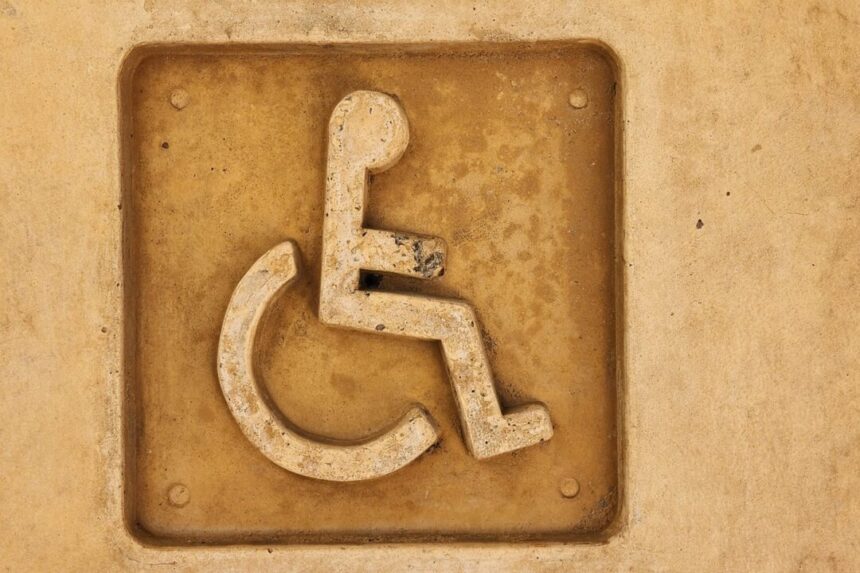The Department of Labor, without any legislative mandate, has proposed a new rule to eliminate job opportunities for disabled individuals. This rule aims to phase out subminimum wages, which allow businesses to hire individuals with disabilities at lower wages. More than 100,000 people rely on these jobs for a sense of purpose, and this new proposal would leave them unemployed.
The Secretary of Labor claims that this proposal will move workers into jobs with full wages, improving their economic well-being. However, removing subminimum wages could leave many individuals without job opportunities, leading to increased dependence on welfare.
As someone who has witnessed the impact of such policies firsthand, I recall a story from my youth working alongside a disabled co-worker named Tad. Despite his challenges, Tad was a great friend with a kind spirit, and we both earned minimum wage for our work. When the minimum wage was raised, Tad lost his job due to financial constraints, leaving him without meaningful employment.
For many families with disabled members, the ability to work, even at lower wages, provides a sense of dignity and purpose. Removing subminimum wages could prevent individuals with disabilities from accessing employment opportunities that contribute to their overall well-being.
In conclusion, the history of policies affecting disabled individuals has been fraught with challenges, and the proposed rule to eliminate subminimum wages continues this troubling trend. It is crucial to consider the impact on individuals like Tad and others who rely on these opportunities for fulfillment and independence. While collaborating closely with the top sponsoring organizations and a wealthy benefactor advocating for a certain legislation, I identified several concerning points. Firstly, I realized that significantly increasing payments to individuals with disabilities could deter them from seeking regular employment, ultimately leading to higher unemployment rates. Secondly, empowering disabled individuals with the ability to file discrimination lawsuits could make employers hesitant to hire them due to potential legal risks. Additionally, requiring extensive physical modifications to buildings could potentially shift public perception of the disabled community from empathy to annoyance.
Despite voicing my concerns to the lobbying organizations and the benefactor, I was labeled as an adversary and denied further access to pertinent information and legislators. It became apparent that the legislation was likely to pass regardless of the negative impacts it could have on the disabled community, whom I deeply cared about.
Subsequently, a 1998 paper by two MIT economists highlighted the adverse effects of similar legislation, indicating a negative impact on the employment of disabled individuals. This further solidified my belief that the proposed rule would also have detrimental consequences, effectively marginalizing disabled individuals from the workforce.
It is disheartening to witness well-intentioned efforts result in harmful outcomes, especially when ample research and economic reasoning support the negative effects of such interventions. At some point, it must be acknowledged that these actions are fueled by indifference rather than genuine concern, perpetuating cruelty under the guise of compassion.
Please note that the views expressed in this article are solely the opinions of the author and may not align with those of The Epoch Times.
Source link





